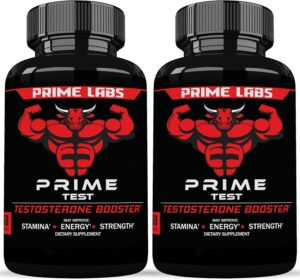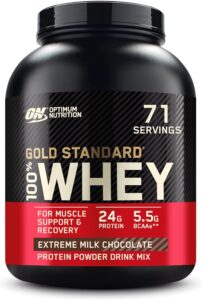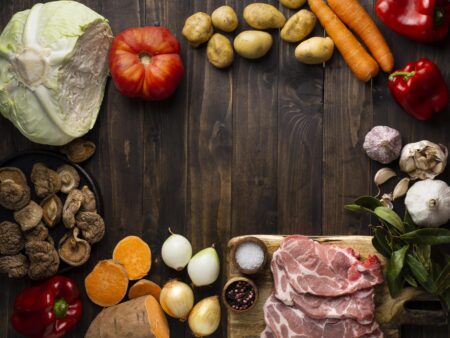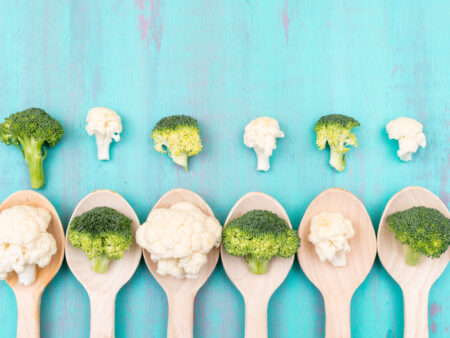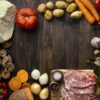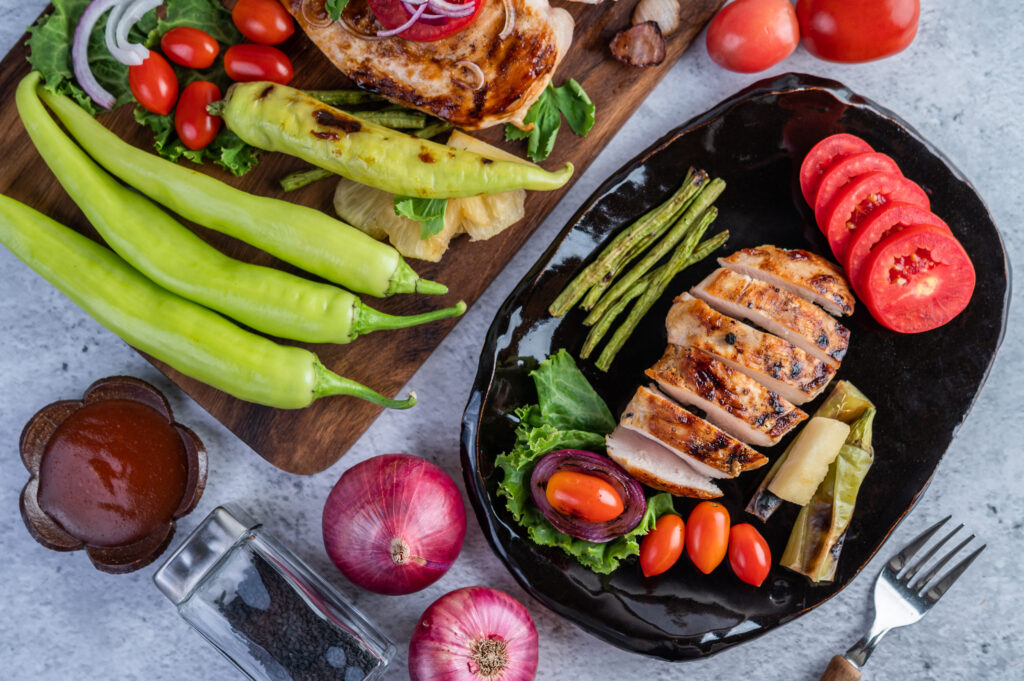
Building muscle requires a strategic approach to diet and nutrition. While workouts and strength training are crucial, what you eat plays a significant role in your muscle-building journey. In this comprehensive guide, we’ll explore the key components of a diet designed to help you build muscle effectively. We’ll cover macronutrients, meal timing, supplements, and practical tips to help you achieve your muscle-building goals.
Building muscle is a common goal for fitness enthusiasts and athletes alike. It not only enhances physical appearance but also improves overall strength, endurance, and health. A well-structured diet is fundamental to supporting muscle growth, providing the necessary nutrients to repair and grow muscle fibres. This article will delve into the essential aspects of a muscle-building diet, ensuring you have the knowledge to fuel your workouts and maximize your gains.
Macronutrients: The Building Blocks of Muscle
Protein: The Muscle Builder
Protein is the most critical macronutrient for muscle growth. It provides the amino acids needed to repair and build muscle tissues. When you exercise, especially during resistance training, you create micro-tears in your muscle fibres. Protein helps repair these tears, leading to muscle growth.
Recommended Intake: Aim for 1.2 to 2.2 grams of protein per kilogram of body weight per day. For a 70 kg individual, this translates to 84 to 154 grams of protein daily.
Sources: Lean meats (chicken, turkey, beef), fish, eggs, dairy products (milk, cheese, yogurt), legumes (beans, lentils), and plant-based sources (tofu, tempeh, quinoa).
Carbohydrates: The Energy Provider
Carbohydrates are essential for providing the energy needed for intense workouts. They replenish glycogen stores in your muscles, which are depleted during exercise. Without adequate carbohydrates, you may experience fatigue and decreased performance.
Recommended Intake: Consume 3 to 7 grams of carbohydrates per kilogram of body weight per day, depending on your activity level. For a 70 kg individual, this means 210 to 490 grams of carbohydrates daily.
Sources: Whole grains (brown rice, oats, whole wheat bread), fruits (bananas, berries, apples), vegetables (sweet potatoes, broccoli, spinach), and legumes (beans, lentils).
Fats: The Hormone Supporter
Healthy fats are crucial for hormone production, including testosterone, which plays a significant role in muscle growth. Fats also provide a concentrated source of energy and help with the absorption of fat-soluble vitamins.
- Recommended Intake: Aim for 0.5 to 1 gram of fat per kilogram of body weight per day. For a 70 kg individual, this is 35 to 70 grams of fat daily.
- Sources: Healthy oils (olive oil, coconut oil), nuts and seeds (almonds, chia seeds), avocados, fatty fish (salmon, mackerel), and dairy products.
- Meal Timing: When to Eat for Maximum Gains
Meal timing can influence muscle growth by ensuring a steady supply of nutrients to your muscles throughout the day. Here are some key strategies:
Pre-Workout Nutrition
- Goal: Fuel your workout with sufficient energy and nutrients.
- Timing: Consume a balanced meal 2-3 hours before your workout.
- Components: Include carbohydrates (to fuel your muscles) and protein (to prevent muscle breakdown). For example, a meal could include chicken breast, brown rice, and steamed vegetables.
Post-Workout Nutrition
- Goal: Replenish glycogen stores and provide protein for muscle repair.
- Timing: Consume a meal or snack within 30-60 minutes after your workout.
- Components: Combine protein and carbohydrates. For example, a protein shake with a banana, or a turkey sandwich on whole wheat bread.
Evening Nutrition
- Goal: Provide a slow-digesting protein source to support muscle repair overnight.
- Timing: Consume a casein protein-rich snack before bed.
- Components: Greek yogurt, cottage cheese, or a casein protein shake.
- Supplements: Enhancing Your Muscle-Building Diet
While whole foods should be your primary source of nutrients, supplements can help fill nutritional gaps and enhance your muscle-building efforts. Here are some commonly used supplements:
Protein Powders
- Types: Whey protein, casein protein, plant-based protein (pea, hemp, soy).
- Usage: Convenient for post-workout nutrition or when you need a quick protein boost.
- Creatine
- Benefits: Increases muscle strength, enhances performance, and promotes muscle growth.
- Usage: Typically taken as 3-5 grams per day.
Branched-Chain Amino Acids (BCAAs)
- Benefits: Support muscle protein synthesis, reduce muscle soreness, and improve recovery.
- Usage: Taken before, during, or after workouts.
Omega-3 Fatty Acids
- Benefits: Reduce inflammation, support heart health, and aid in muscle recovery.
- Usage: Found in fish oil supplements or plant-based sources like flaxseed oil.
Practical Tips for Building Muscle Through Diet
Stay Hydrated
Water is essential for overall health and optimal muscle function. Dehydration can impair performance and recovery. Aim to drink at least 8-10 glasses of water daily, more if you’re sweating heavily during workouts.
Eat Enough Calories
To build muscle, you need to consume more calories than you burn. This caloric surplus provides the energy required for muscle growth. Use an online calculator to determine your daily caloric needs based on your activity level and goals, then aim to eat 250-500 calories above that amount.
Focus on Whole Foods
Prioritize whole, minimally processed foods to ensure you’re getting a broad range of nutrients. Avoid excessive intake of junk food, which can lead to weight gain without providing the necessary nutrients for muscle growth.
Monitor Your Progress
Track your food intake, workouts, and progress to ensure you’re on the right path. Adjust your diet and training as needed based on your results.
Sample Meal Plan for Building Muscle
Here’s a sample meal plan to help you get started:
Breakfast
- Oatmeal with protein powder, berries, and almond butter
- Scrambled eggs with spinach and whole grain toast
Mid-Morning Snack
- Greek yogurt with honey and mixed nuts
- A banana and a handful of almonds
Lunch
- Grilled chicken breast with quinoa, steamed broccoli, and olive oil
- Tuna salad with mixed greens, cherry tomatoes, and whole grain crackers
Afternoon Snack
- Cottage cheese with pineapple chunks
- Protein shakes with a scoop of whey protein and a handful of berries
Dinner
- Baked salmon with sweet potatoes and asparagus
- Lean beef stir-fry with brown rice and mixed vegetables
Evening Snack
- Casein protein shake
- A small bowl of Greek yogurt with chia seeds
Building muscle requires a combination of consistent strength training and a well-structured diet. By focusing on the right balance of macronutrients, timing your meals effectively, and considering the use of supplements, you can optimize your muscle-building potential. Remember to stay hydrated, consume enough calories, prioritize whole foods, and monitor your progress. With dedication and the right nutritional strategy, you’ll be well on your way to achieving your muscle-building goals.

